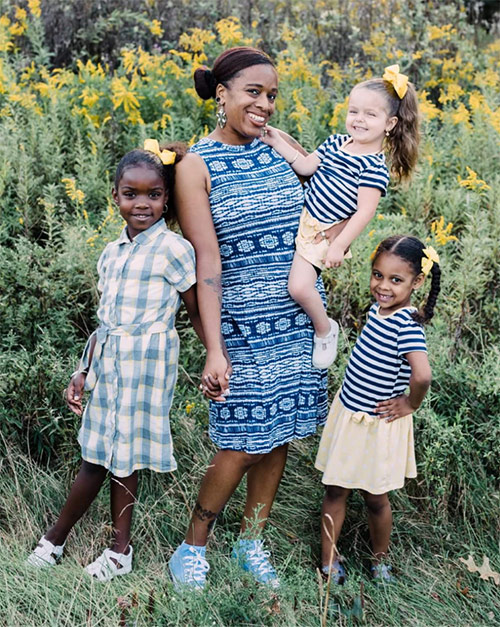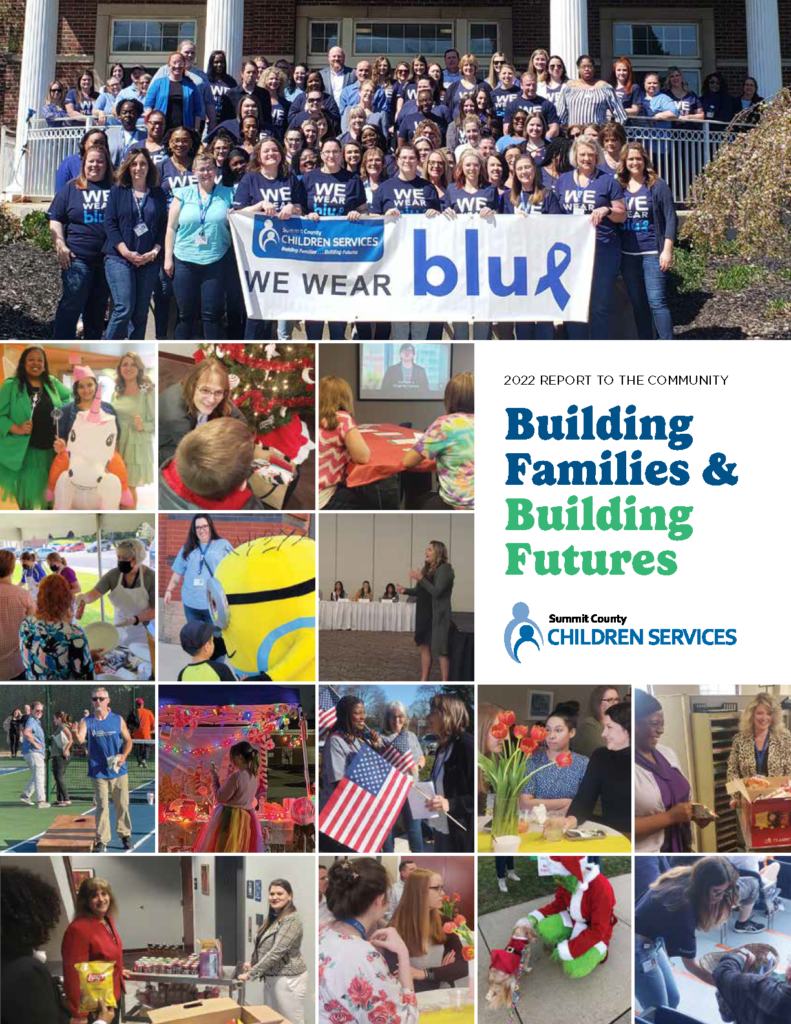Kinship Care FAQ
Kinship caregivers have many questions concerning a variety of topics, such as the availability of services, legal issues, and problems that may arise. Some of these questions are answered here. Please refer to the following list of the most frequently asked questions, and the answers provided.
The safety of the children may be your first concern if you or a public children services agency (PCSA) removed from a difficult and unsafe home environment. It may be necessary for you or the PCSA to assume legal custody of the children in order to continue to provide them with a safe home until it is determined that they can return to their parent.
It depends on the child(ren)’s legal status. You have full rights to say “no” only if you have adopted the children. If you have legal custody, the parents may be granted the right to visit the children by court order. However, if there is no court order, they could take them without your consent. Legal custody means that you are responsible for taking care of the children until they are adults. If the county has custody of the children in your care, the biological parent cannot take them without the agreement of the PCSA or a court order. If you have not adopted the child(ren) and neither you nor the PCSA has either legal custody of the child(ren) or a temporary court injunction preventing the child(ren)’s removal, then the biological parent(s) could take back the child(ren) without your consent. If they do so, and you fear for their safety, you need to contact the PCSA to intervene.
As a foster parent, you would not have legal custody of your brother. The PCSA would have custody. By law, the county is charged with seeking a stable, permanent home for each child in care. Legally, your brother could be adopted by another family, he could be moved into another foster home, or another relative could gain custody of him. The only adults who have right to keep children when they have been taken from their parents are those who have adopted the children or who have been granted legal custody of them.
The first thing your son must do is legally establish that he is the father of the child. He should contact his local child support enforcement agency )CSEA) for help. Once he has legally established that he is the father of the child, he can then contact an attorney regarding the establishment of a custody or visitation order.
No. Foster homes and foster parents are used only in situations where the county has temporary or permanent custody of the child. If you have legal custody, there can be no foster home placement under current laws. You are entitled to seek child support from both parents. You can also apply for Ohio Works First, if your niece is under the age of 18. You may also be eligible for time-limited payments under the Kinship Permanency Incentive (KPI) Program.
Responsibility for the care of a child is a serious matter, and it is your right to seek legal advice. Whether the parents, the county, or you have custody of the child, legal issues are involved. There is often more than one right answer to the question of what is the best placement for the child.
If you seek cash assistance or Medicaid coverage for yourself and/or Food Assistance for your household, you must disclose your income and financial resources. If you are requesting assistance only for the child in your care, you may not be required to give financial information.
Yes. You would have to meet all eligibility requirements for the subsidized child care program, including financial need, based on your gross monthly income. It is important to note that, in all cases, the child care subsidy is available only to caregivers who are working full-time or part-time or are enrolled in education or training leading to employment. The child care subsidy pays a part of the child care cost; the family pays some of the cost on a sliding fee scale. The state issues payment to eligible providers of child care services, which include licensed child care centers and certified family child care home providers.
Yes. You may want to consider counseling for yourself and the children. Also, you may want to join a grandparents’ support group, where you can share ideas and concerns and get information. By joining a group, you will get a chance to spend time with others going through the same experiences in caring for children. You will know that you are not alone.
If you know the phone number, call the worker’s supervisor. If not, call the main number of your county’s department of job and family services or public children services agency and ask to speak to your caseworker’s supervisor.
This information is courtesy of the “Ohio Guide for Relatives Caring for Children”.






